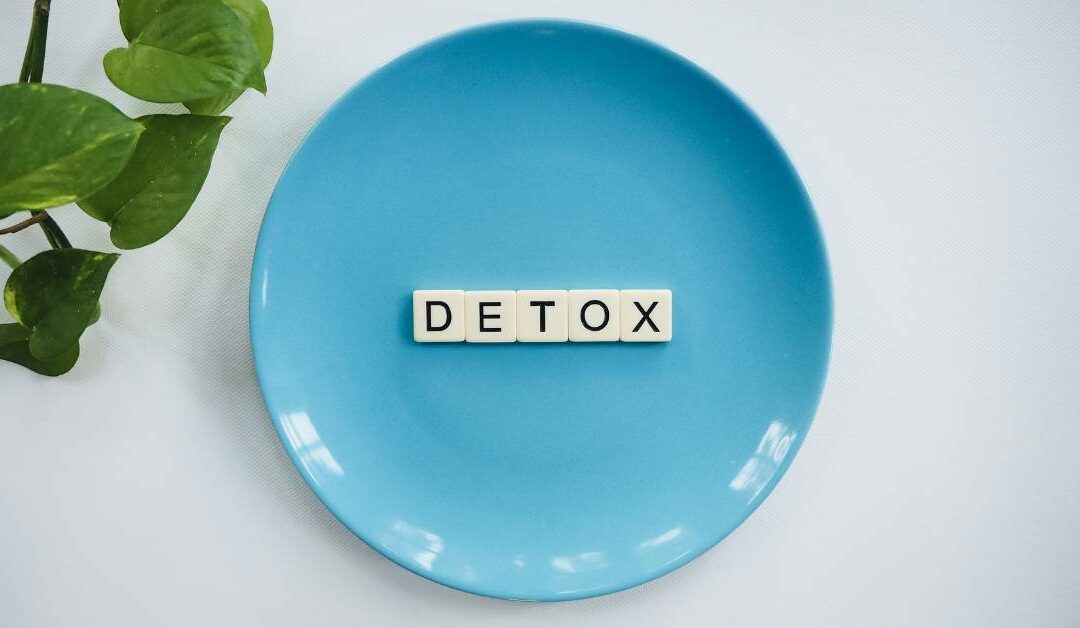
How to Find the Best Detoxes in Massachusetts
Detoxing can be one of the hardest yet most crucial parts of beginning your recovery from drugs and alcohol in Massachusetts. Many avoid this step for far too long because they dread what it might feel like and choose to continue using substances instead. However, with the right care and help, detoxing doesn’t have to be the thing that stands between you and a happier, sober life.
If you’re wondering how to find the best detoxes in Massachusetts and you’re ready to get help, you can turn to Northstar Recovery Center to begin your journey. Northstar’s most intensive program, the partial hospitalization program (PHP), or one of its other programs, could be the perfect option for you.
What Does Detoxing from Drugs and Alcohol in Massachusetts Involve?
 Every addict and person suffering from substance abuse must get the treatment they need as an individual. Something helpful, even vital, to one person’s recovery may have no effect or an unhelpful effect on somebody else. Detoxing is no different. Still, even though experiences can vary, it can help to know what your body might go through so you’ll better understand what to expect.
Every addict and person suffering from substance abuse must get the treatment they need as an individual. Something helpful, even vital, to one person’s recovery may have no effect or an unhelpful effect on somebody else. Detoxing is no different. Still, even though experiences can vary, it can help to know what your body might go through so you’ll better understand what to expect.
Detoxing can take up to a few weeks, depending on several factors. If you want to try to anticipate what it might be like for you, consider the following:
- How long have you been addicted?
- What substance were you addicted to?
- What was your method of use?
- How much of the substance did you regularly take?
- Do you have any other medical conditions or family history?
The answers to these questions can all affect what your detox experience is like and how much help you might require to go through it safely. Before beginning your detox, you’ll be evaluated by a trained, professional staff who will work with you to get you stabilized and ready to enter treatment. What that requires will depend on what works best for you – a critical part of the evaluation.
Can You Detox from Drugs and Alcohol in Massachusetts Alone?
It’s important that you not try to detox from drugs and alcohol by yourself, especially if you have heavily used a substance or your dependency or addiction has been going on for a long time. It might be tempting to go “cold turkey,” as people say, but doing so can lead to medical issues you can’t resolve on your own. Medical detox is the safest way to protect yourself and your body as you separate yourself from whatever type of substance or alcohol has been in your system. Few substances don’t run the risk of producing potentially severe withdrawal symptoms, and that isn’t a chance you want to take just when you’re trying to get better.
Below, you’ll see some of the possible severe side effects of detoxing alone and without care. This may help to understand why it’s best and most safely done under the supervision of a trained medical team and professional help. While detoxing, you may experience:
- Seizures
- Delirium
- High blood pressure
- Rapid or irregular heartbeat
- Vomiting and aspiration
Not every substance produces these side effects and not every person will experience them, but the risk just isn’t worth it when help is available. There are ways to detox from substance abuse safely. It may not eliminate all the more common symptoms, but it can protect you from the more severe ones listed above.
Does Detoxing Require Inpatient Care?
Some people may avoid beginning the process of detox or recovery in general because they can’t step away from their lives and dedicate all their time to it. Fortunately, a medically assisted detox does not have to occur exclusively in inpatient treatment. Programs available will have you in treatment for several or a few hours a day with different levels of monitoring and assistance.
Detoxing and recovery are not “one-size-fits-all”. People can (and do) successfully and safely detox with PHP or IOP treatment options. It’s all about working with your team to determine what suits you, your needs, and your path toward wellness. The most important thing is that you take that first step and seek help.
What Happens After Detox?
A detox may happen in conjunction with other therapy and treatment options when people can participate. Regardless, once the process is complete, you’ll start participating in other aspects of your program. That will likely include addiction treatment therapy – individual therapy, group therapy, trauma therapy, or whatever combination is most helpful to you. Detox is a major hurdle for so many people, and once it’s over they’re able to begin healing and learning how to build a new life.
Conclusion
If you or someone you love has problems with substance use, finding the best detox in Massachusetts can be what helps turn over a new leaf at last. Work with the team at Northstar Recovery Center to develop a plan for a safe detox and recovery so you can move forward on your path toward sobriety.





